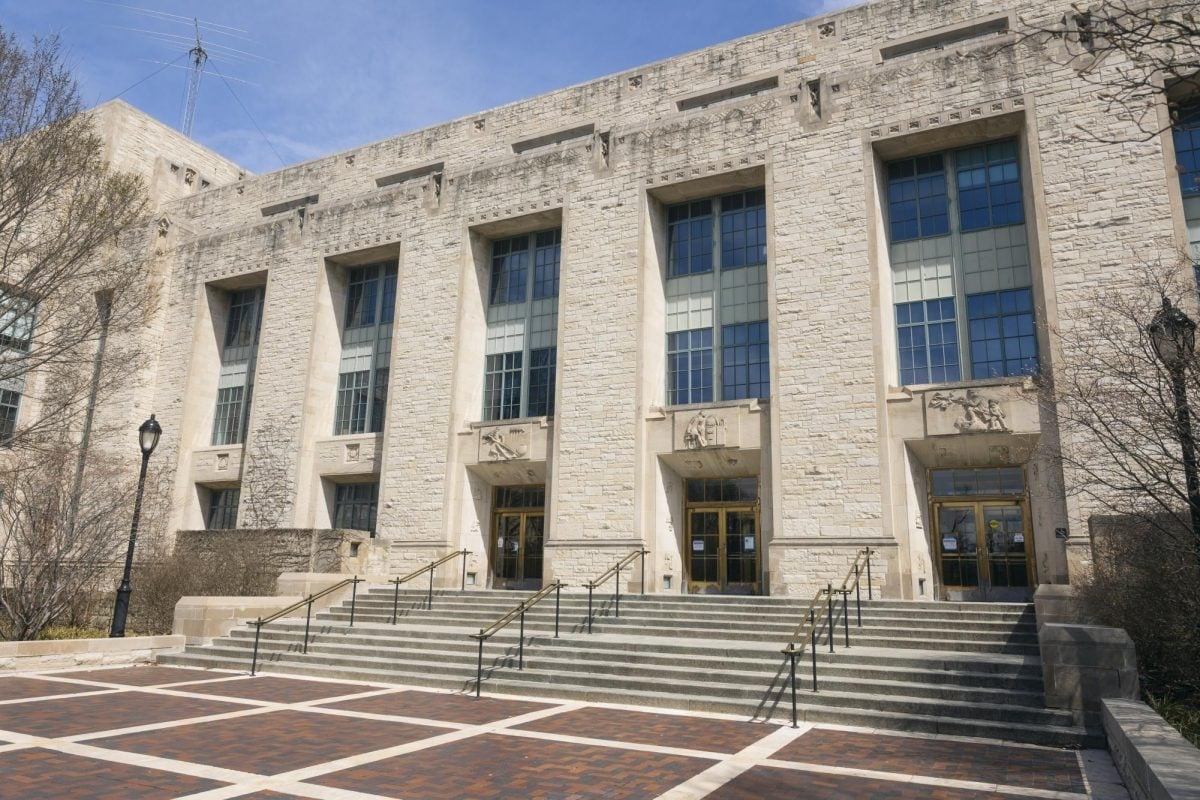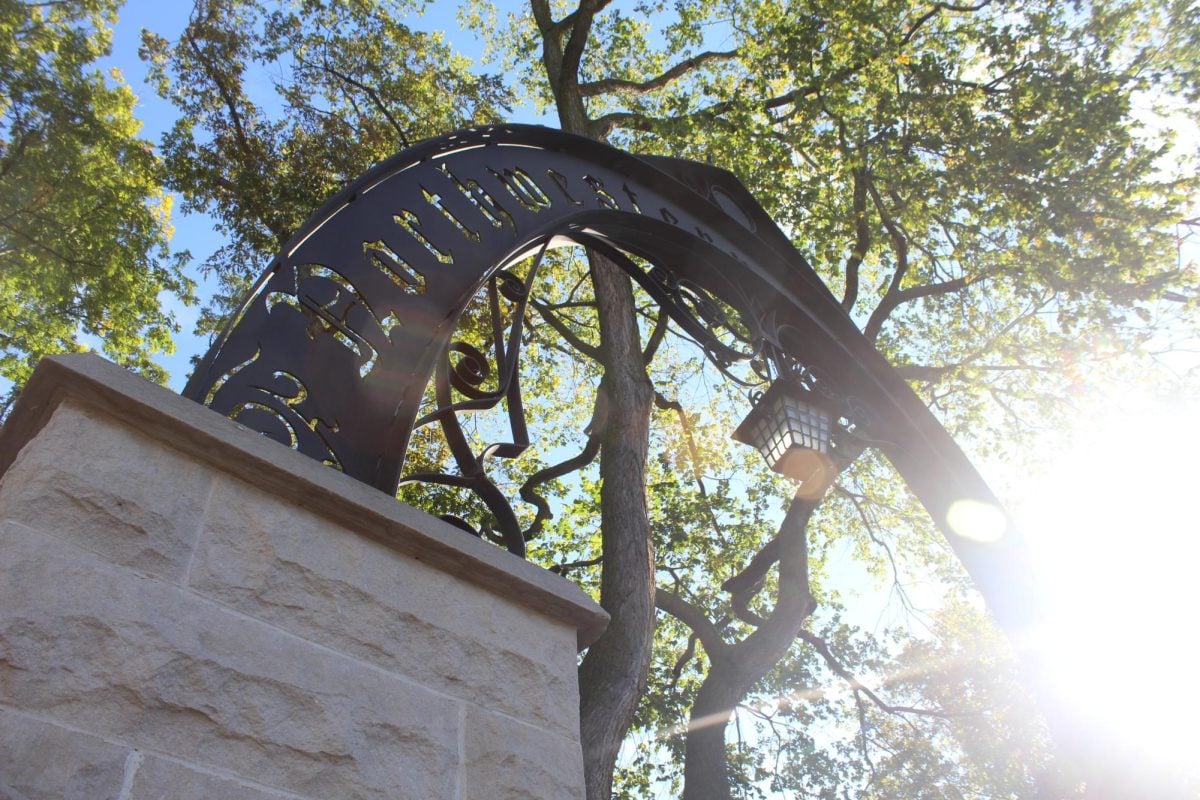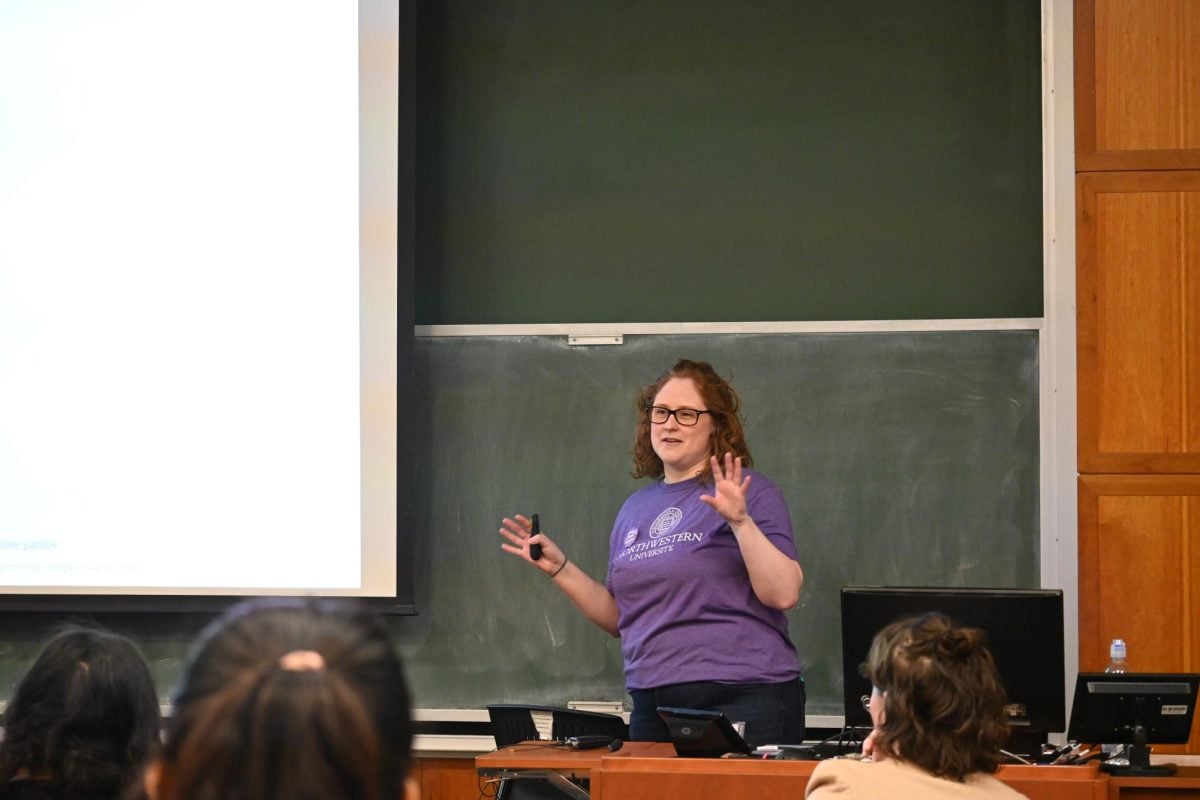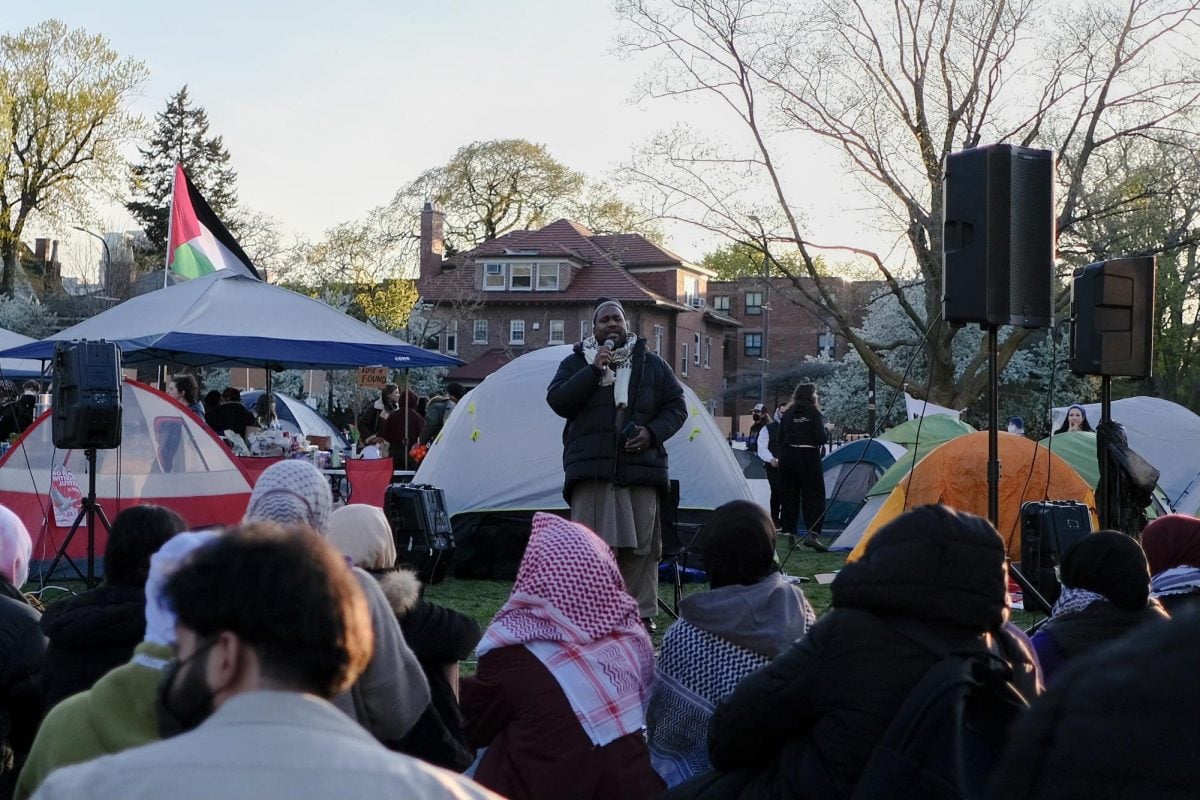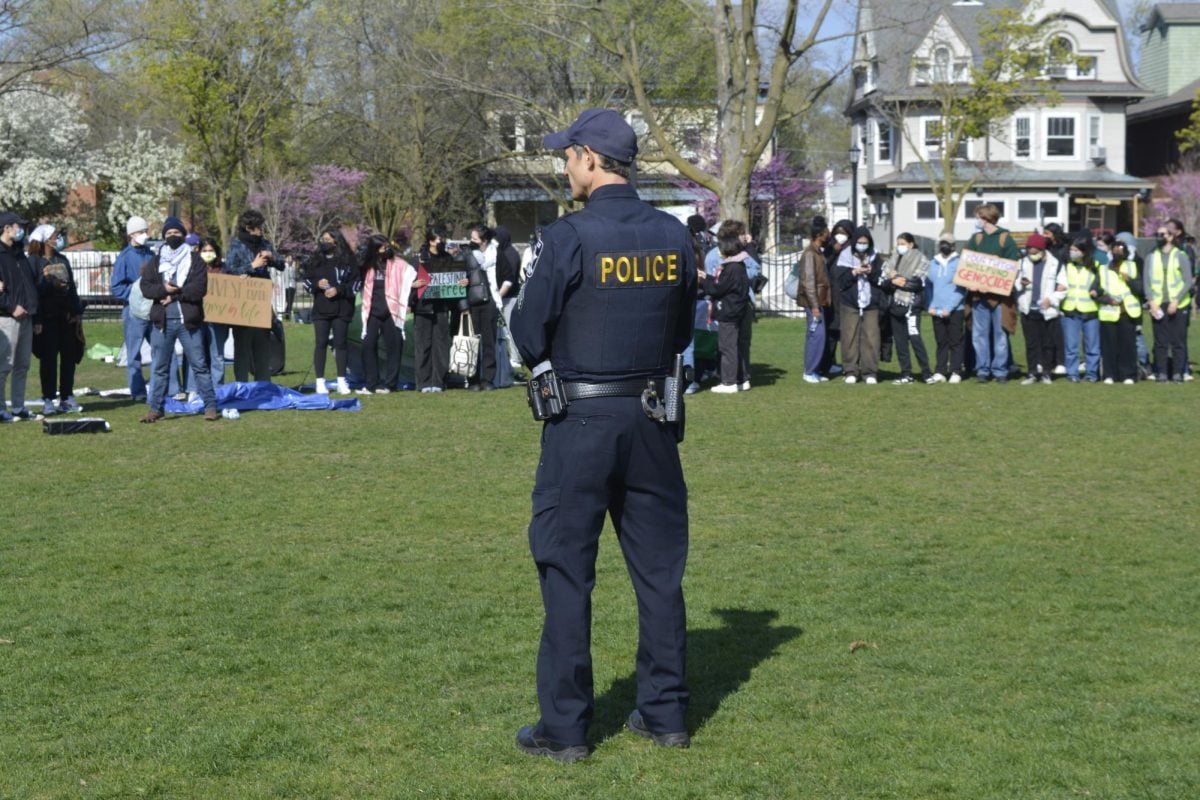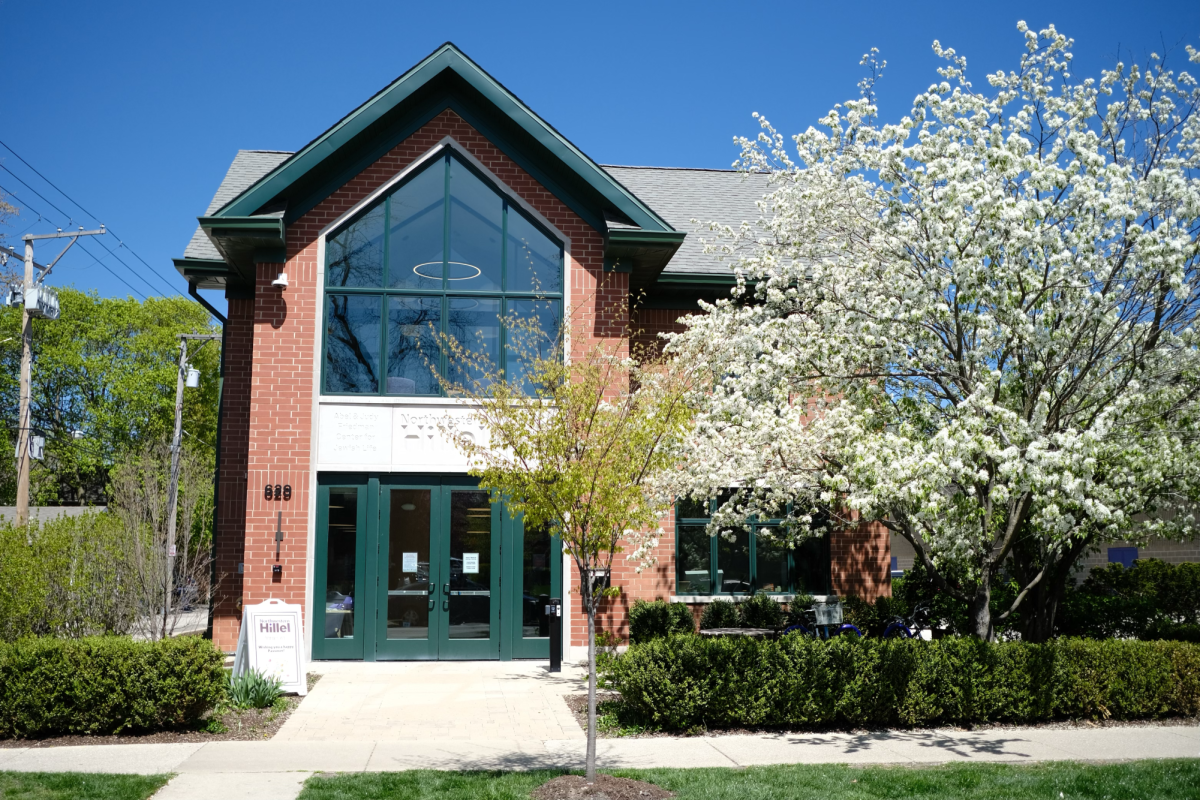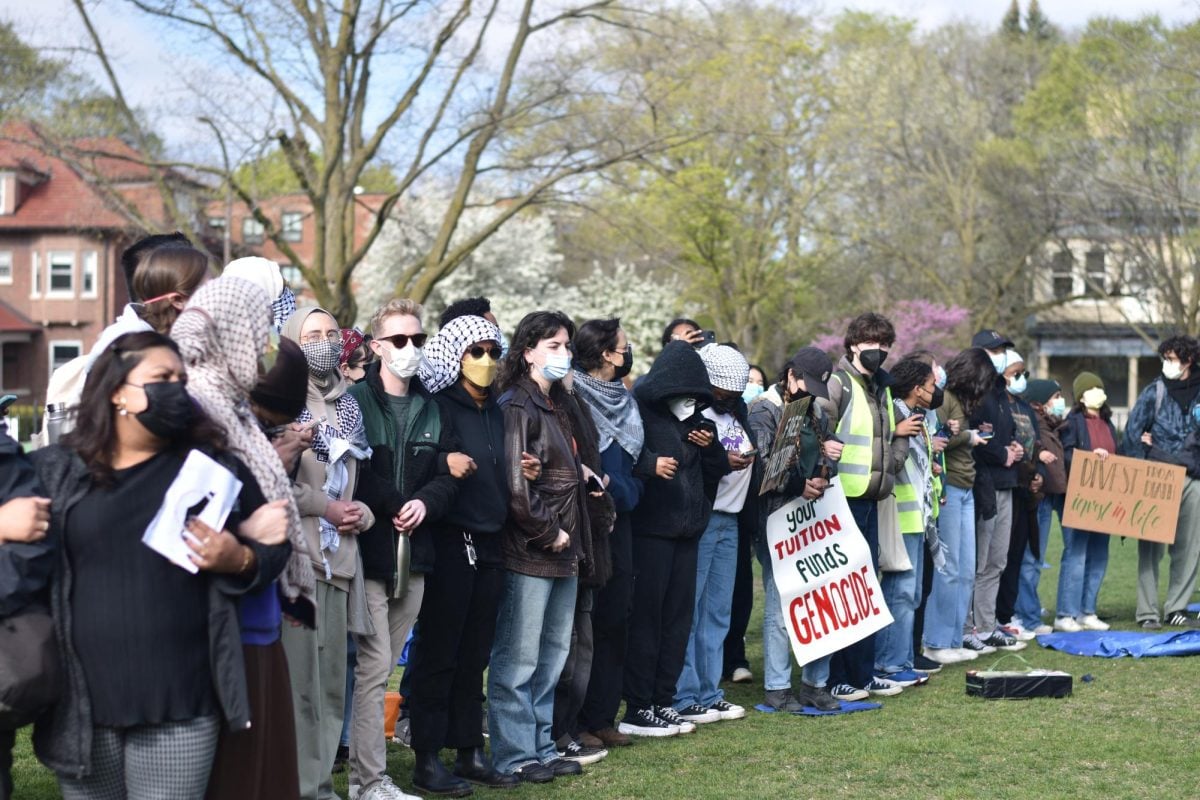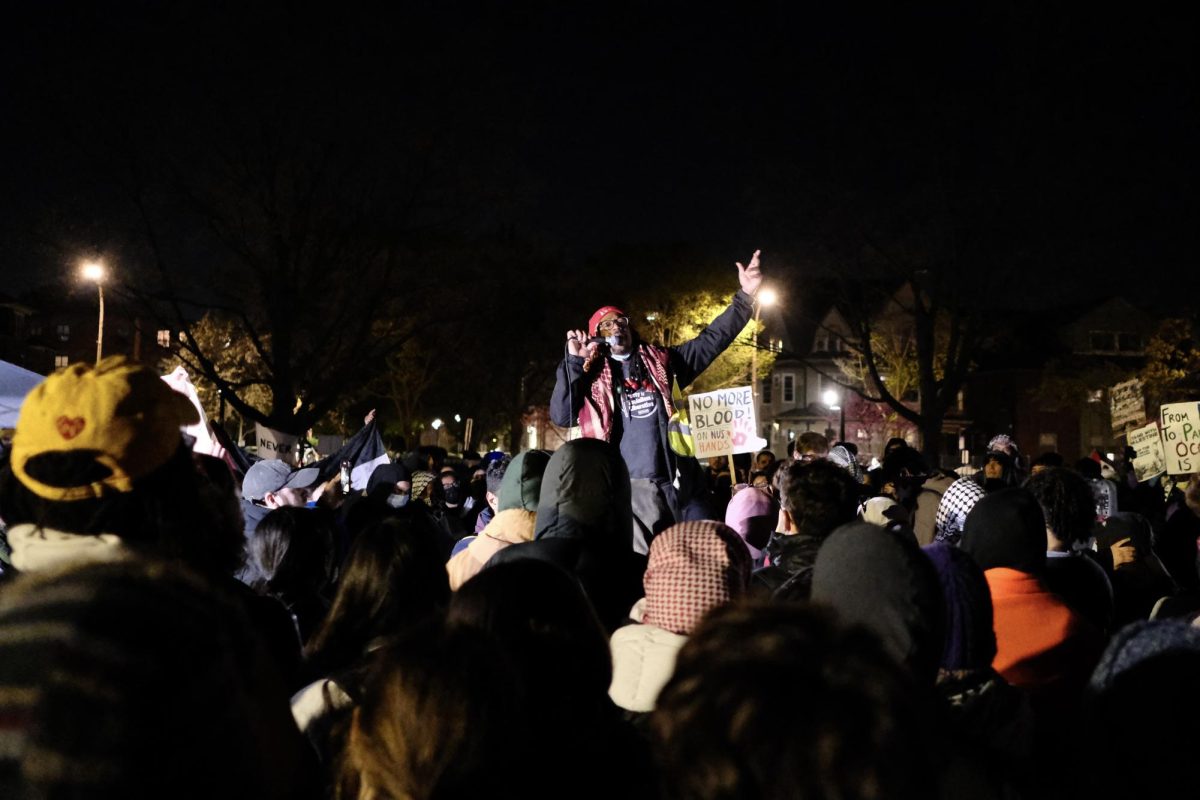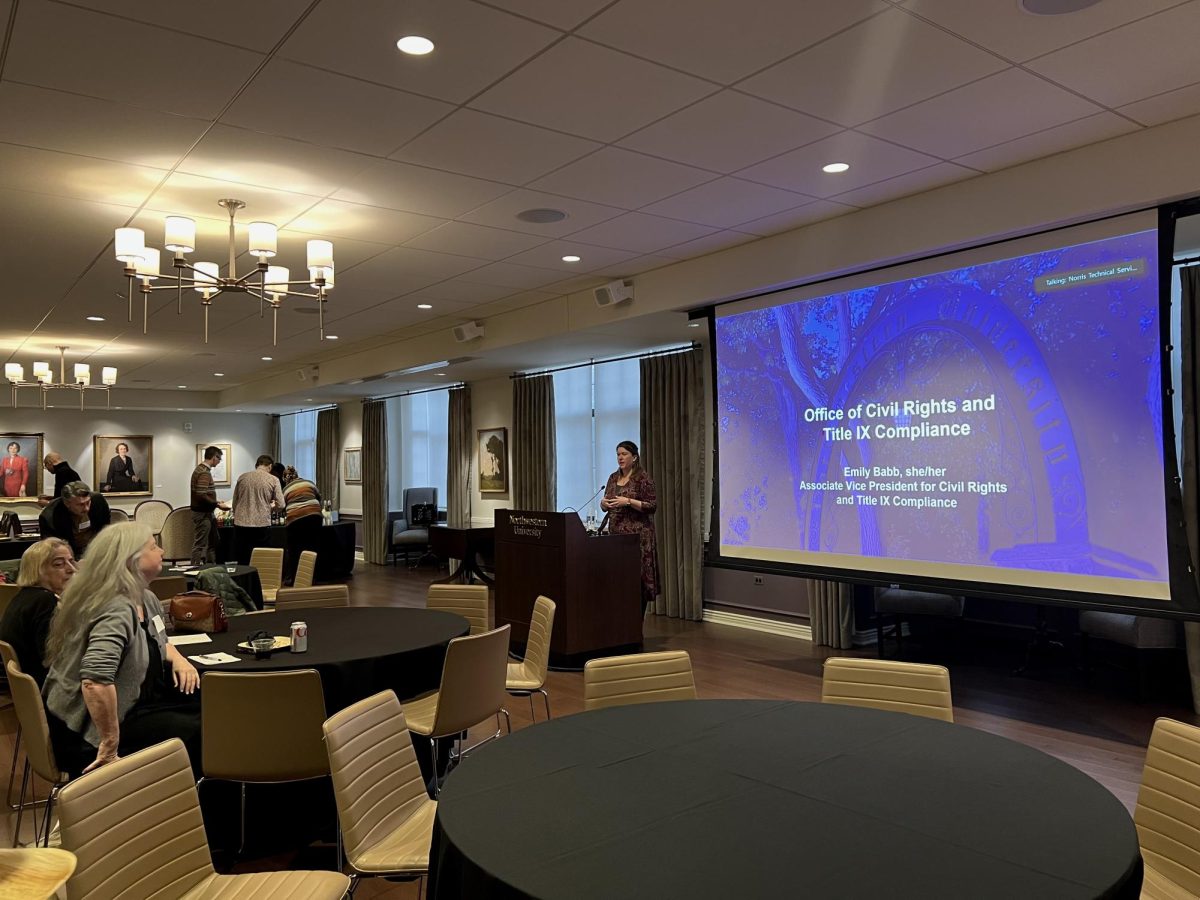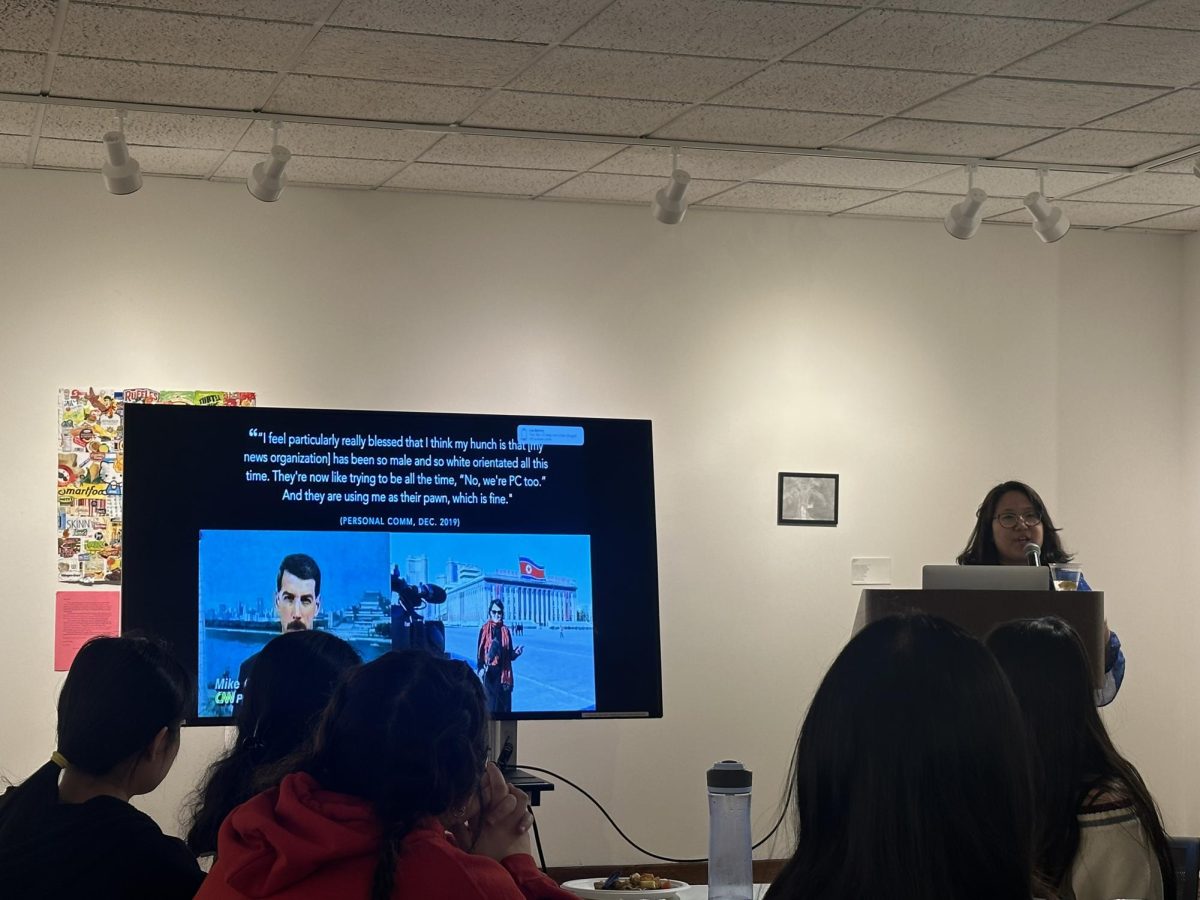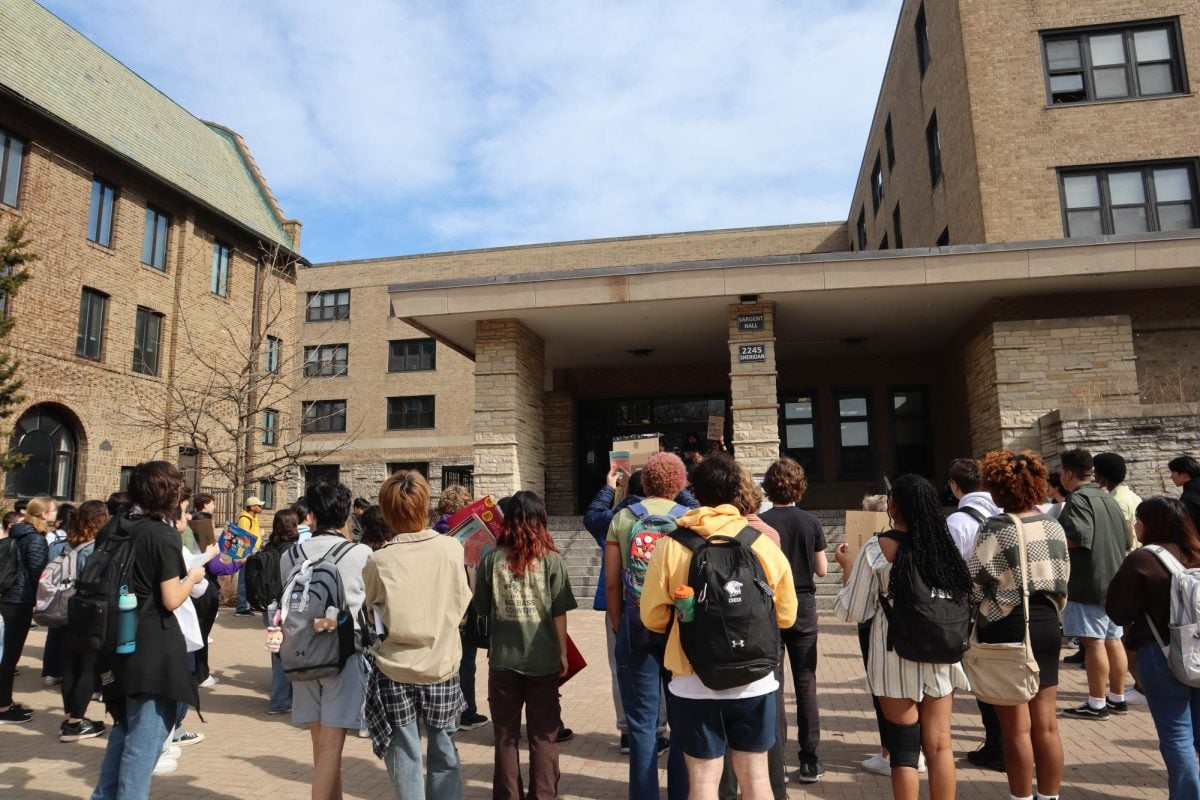Evidence uncovered by students in the Medill Justice Project regarding an imprisoned daycare worker charged with murder influenced a judge’s recent ruling that “no reasonable jury” should have found her guilty.
The case involved daycare worker Jennifer Del Prete, who was charged in 2005 with violently shaking and killing an infant, resulting in a 20-year prison sentence. The infant’s death was originally attributed to shaken baby syndrome.
“In these kinds of crimes, there are usually no adult witnesses,” said Medill Prof. Alec Klein, the director of the Medill Justice Project. “There may be no direct evidence that points to the accused.”
While looking through police records, students came across a letter written by detective Kenneth Kroll of the Romeoville, Ill., police department to a medical expert indicating concerns that the forensic pathologist who conducted the autopsy was unsure if the infant’s cause of death was shaken baby syndrome. The letter was never introduced during Del Prete’s trial.
In 2010, Del Prete’s attorneys filed a federal habeas corpus petition, claiming her imprisonment violated her constitutional rights because ineffective counsel and insufficient evidence violated her right to a fair trial.
Judge Matthew Kennelly cited evidence Medill Justice Project students uncovered in his Jan. 27 ruling. An additional hearing was held in federal court Wednesday. At the hearing, the defense said it will file a Brady violation, claiming evidence favorable to the defendant was withheld, on Feb. 18 and requested Del Prete’s release from prison.
“It’s an amazing thing our students have done, the fact that they uncovered revelatory evidence that could potentially impact a person’s life,” Klein said.
The Medill Justice Project began investigating the Del Prete murder case in 2012 and involved two different classes of students.
“One of the challenges we had when starting a case like that is that you don’t know what you’re looking for,” Nick Castele (Medill ‘12) said. “You’re just gathering as much information as you can and connecting the dots from there.”
One of Del Prete’s lawyers read the story the students published on the Medill Justice Project’s website about the case, and a motion was filed in the federal court in Chicago requesting that the new evidence be considered by the court. In 2013 the federal judge agreed to reopen a federal innocence hearing.
“I was floored,” said Dan Tham (Medill ‘13), a former Daily staffer. “I had no idea that that would happen. I feel like for a lot of us who took that class, we didn’t make up our mind whether she did it or not … It also makes me terrified of the legal system. You could be in the wrong place at the wrong time and be charged for it.”
The students investigated the medical and legal side of the case. Students submitted a Freedom of Information Act request for police records, examined documents and interviewed people involved in the case, including Del Prete, witnesses and doctors.
The second class of students continued to investigate the case through interviews and research, writing a story about it in March 2013 where they cited Kroll’s letter.
“I’m anxious to see what the final decision will be,” said Medill senior Stephanie Fuerte, a former Daily staffer. “It’s exciting for me as an aspiring journalist to see that my team’s work has made an impact.”
The next hearing will take place Feb. 20 in Chicago.
Email: [email protected]
Twitter: @rosaliech1


